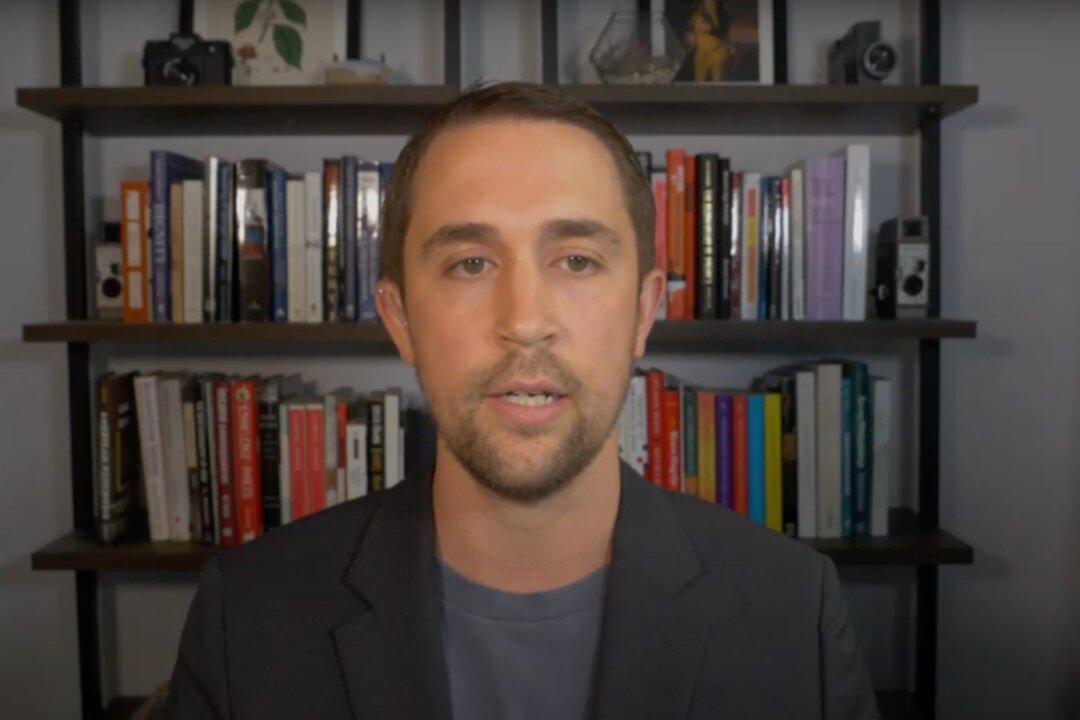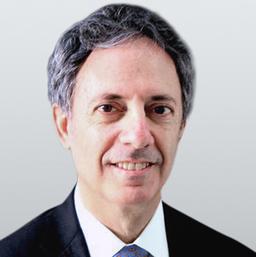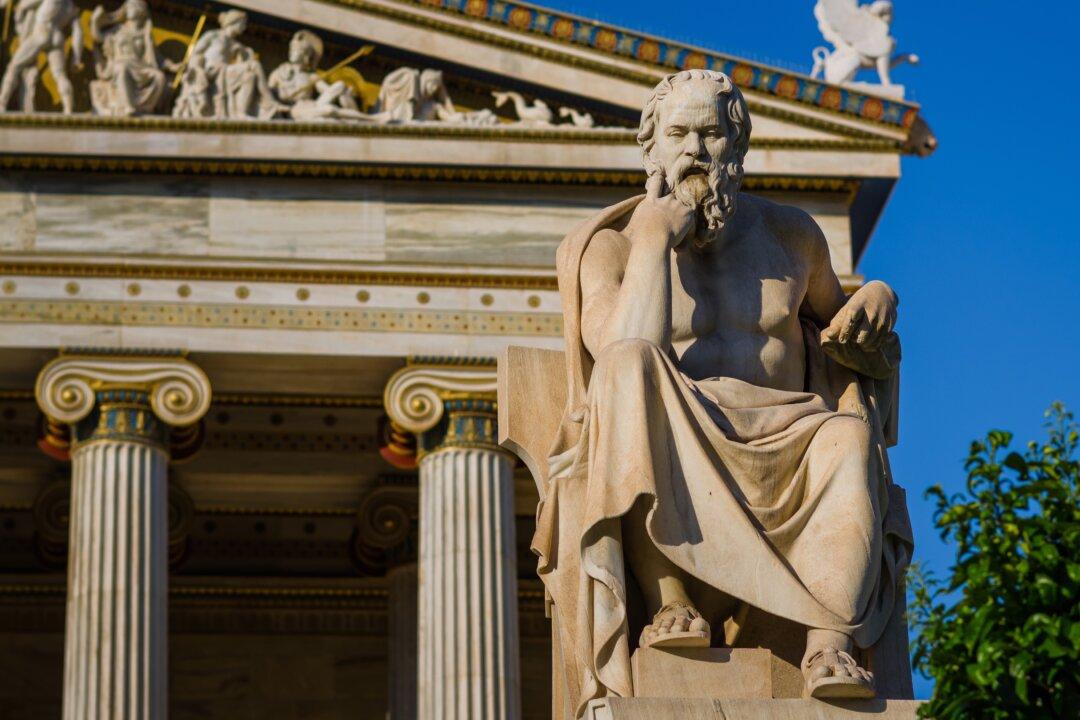Following the May 25, 2020, killing of George Floyd and amid the first wave of the COVID-19 pandemic, controversy erupted over the teaching of critical race theory (CRT) in the nation’s K-12 schools. The mainstream media adopted a contradictory approach. Journalists reported that American schools generally did not teach CRT; at the same time, the prestige press contended that opponents of CRT’s presence in the curriculum obstructed students’ encounter with the harsh realities of race in America. The journalists’ conflicting denial of its presence and endorsement of its radical ideas reflect CRT’s extensive influence. A perverse mixture of doctrines deriving from Karl Marx and Friedrich Nietzsche, CRT undergirds much of the hard-left agenda that has burrowed deep into America, not least the mainstream media.

Christopher Rufo, director of the Discovery Institute’s Center on Wealth and Poverty. The Epoch Times
|Updated:
Commentary
Peter Berkowitz is a political scientist, a former law professor, and the Tad and Dianne Taube senior fellow at the Hoover Institution, Stanford University. From 2019 to 2021, he served as director of the Policy Planning Staff at the U.S. State Department.
Author’s Selected Articles




